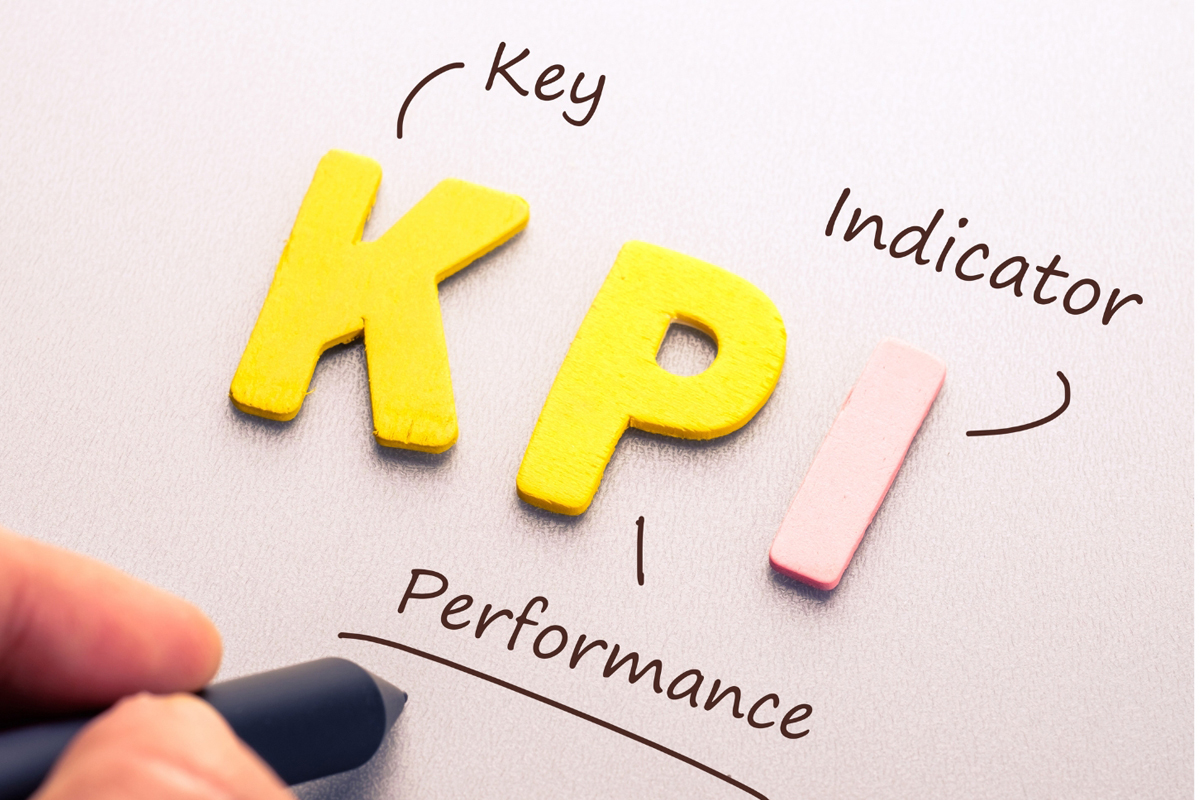
Whether you’re running a roofing company in Tampa, a law firm in Sarasota, or a med spa in St. Petersburg, you can’t grow what you don’t measure. That’s why tracking the right marketing KPIs (Key Performance Indicators) is essential for small business success.
But with dozens of potential metrics—from bounce rate to click-through rate to ROI—it’s easy to get overwhelmed or focus on the wrong numbers.
We will go over the most important marketing KPIs every small business should track, why they matter, and how to use them to make better marketing decisions.
What Are KPIs in Marketing?
Marketing KPIs are the specific metrics that help you measure the performance of your campaigns, channels, and strategies. They answer key questions like:
- Is my marketing working?
- Which tactics are bringing in leads?
- What’s generating the highest ROI?
- Where should I invest more budget?
Tracking KPIs keeps your strategy accountable and focused on results, not just activity.
The 9 Most Important Marketing KPIs for Small Businesses
1. Website Traffic (Total & Source-Specific)
Why it matters: Website traffic shows how many people are finding your business online and how they’re getting there.
Track:
- Total users and sessions
- Traffic sources (Organic, Direct, Paid, Referral, Social)
- Local traffic (especially for Florida-based businesses)
📍 Florida Example: A landscaping company in Largo saw a spike in direct traffic after local billboard advertising. Because they tracked it, they tied real-world exposure to online engagement—and used that data to justify future spending.
2. Lead Volume (Form Fills, Calls, Bookings)
Why it matters: Leads are what feed your sales funnel.
Track:
- Contact form submissions
- Click-to-call button usage
- Appointment bookings
- Live chat interactions
Use tools like Google Analytics 4, CallRail, and CRM software to track every inbound lead and attribute it to the right source.
3. Conversion Rate
Why it matters: Conversion rate tells you how well your site or landing page is turning visitors into leads or customers.
Formula:
(Leads ÷ Total Visitors) x 100
If you’re getting traffic but not conversions, there’s a disconnect between what people want and what your site offers.
Benchmark:
- Average website conversion rate is 2–5%
- High-performing service sites often convert at 10%+
4. Cost per Lead (CPL)
Why it matters: CPL helps you understand how efficiently you’re acquiring leads through paid efforts like Google Ads or Facebook Ads.
Formula:
(Ad Spend ÷ Number of Leads)
If your cost per lead is rising but conversion quality is dropping, it may be time to adjust targeting, ad copy, or landing pages.
💡 Tip: Always compare CPL across platforms. A $30 lead from SEO may be more valuable than a $15 lead from paid social if it converts better.
5. Customer Acquisition Cost (CAC)
Why it matters: CAC tracks how much it costs to acquire a new customer—not just a lead.
Formula:
(Total Marketing + Sales Spend ÷ Number of New Customers)
This KPI helps you determine whether your marketing is sustainable and scalable. It’s especially important for service-based businesses with longer sales cycles.
6. Return on Investment (ROI)
Why it matters: ROI tells you whether your marketing spend is profitable.
Formula:
(Revenue from Marketing – Cost of Marketing) ÷ Cost of Marketing
While it can be harder to measure precisely for certain channels (like SEO), ROI gives you the big-picture view of what’s actually working.
✅ Example: A Fort Myers dental practice spent $1,500/month on SEO and generated $7,500/month in new patient revenue. Their ROI was 400%.
7. Keyword Rankings (SEO KPI)
Why it matters: Keyword rankings show whether your website is moving up in Google for the search terms that matter most.
Track:
- Rankings for local service + city terms (e.g., “roof repair Tampa”)
- Increases or drops month over month
- Visibility in the Google Map Pack and AI Overviews
Improved rankings generally lead to increased traffic—especially in local search.
8. Click-Through Rate (CTR)
Why it matters: CTR tells you how compelling your ads, meta descriptions, and emails are.
Formula:
(Clicks ÷ Impressions) x 100
Use this KPI to refine your headlines, page titles, ad copy, and email subject lines for better engagement.
9. Online Reviews and Reputation Score
Why it matters: For Florida service-based businesses, your reputation is a conversion driver. More (and better) reviews = higher trust and more leads.
Track:
- Google review count and average rating
- New reviews per month
- Keywords mentioned in reviews (Google highlights these in local results)
Tools like GatherUp, Grade.us, or your CRM can help manage reviews and reputation across platforms.
Bonus KPI: Customer Lifetime Value (CLV)
Why it matters: Understanding the long-term value of a customer helps you determine how much you can afford to spend to acquire one.
Formula:
Average Sale x Number of Purchases per Year x Retention Years
CLV is especially useful for dentists, med spas, law firms, and other industries where customers return or refer others over time.
Marketing without tracking is guesswork. As a small business owner in Florida, you need to focus on the KPIs that matter most—leads, conversions, revenue, and cost efficiency. The more you understand your numbers, the more confident and strategic your marketing becomes.
At SEO Consulting Experts, we help Florida businesses track the right metrics, interpret the data, and turn insights into actions that grow your bottom line. Whether you need a better dashboard, deeper analysis, or a complete strategy overhaul, we’ll help you get clarity and results.
👉 Want to know which marketing KPIs you should prioritize for growth? Schedule a free performance review today.
We’ll help you identify what’s working, what’s not, and what to focus on next.

